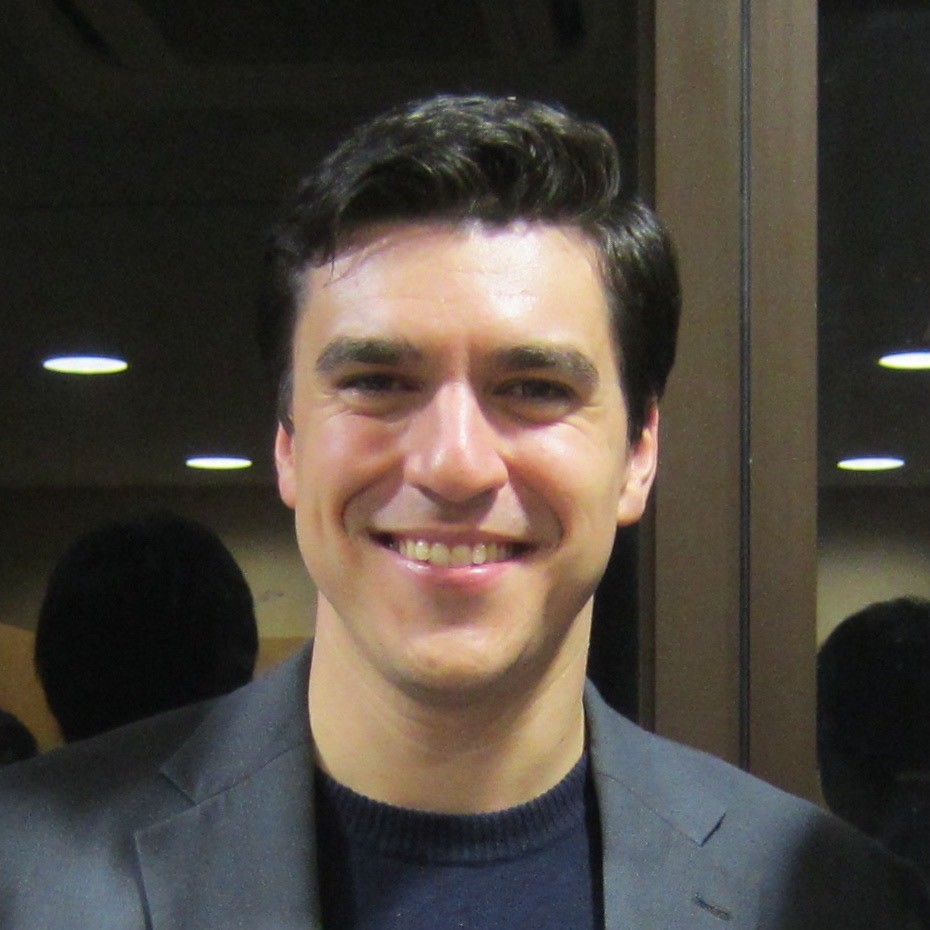Prof. Moran was born and raised in the Montréal area. After completing his B.Sc. in chemistry in 2004 and a Ph.D. in synthetic organic chemistry in 2009, both at the University of Ottawa, he moved to the University of Texas at Austin for postdoctoral work, supported by NSERC at each stage. In 2012, he moved to France to join the Institute of Supramolecular Science and Engineering (ISIS) at the University of Strasbourg as an assistant professor and was promoted directly to full professor in 2018. He was recently recruited back to the University of Ottawa as a Tier 1 Canada Research Chair in Systems Chemistry. Graduate students can join his group starting from July 2023 and will have the opportunity to train in France (all expenses paid) before setting up the lab in Ottawa.
Prof. Moran’s research aims to understand how life, especially biological metabolism, began. His group has shown that several metabolic pathways previously thought to be unique to living systems occur fully or partially without enzymes using inorganic catalysts that were likely present on the early Earth. The long term goal is to create abiotic networks of interacting metabolic reactions that can work together to give emergent, lifelike properties. His group is also interested in developing new conceptual approaches to catalysis in areas ranging from organic synthesis to light-matter interactions. In recognition of his work, Prof. Moran was named to the Institut Universitaire de France as a Junior Member (2021) is a two-time grantee of the European Research Council (ERC), and a co-recipient of a Life grant from the Volkswagen Foundation. In 2018, he became one of the two first Canadians (and the first researcher working in France) to be selected as a Talented 12 by C&EN, the official magazine of the American Chemical Society. Other recent awards include the Leibig Lectureship of the German Chemical Society (2022), the Forcheurs Jean-Marie Lehn Prize (2020, with Harun Tüysüz), and the Jean Normant Prize from the Société Chimique de France (2018).
***Graduate students can join the Moran lab starting from July 2023 and will have the opportunity to train in France (expenses paid) before helping set up the lab in Ottawa. Please contact Dr. Moran by email as soon as possible.***
Selected publications
- Rauscher, S.; Moran, J.* “Hydrogen Drives Part of the Reverse Krebs Cycle under Metal or Meteorite Catalysis” Angew. Chem. Int. Ed. 2022, e202212932.
- Yi, J.; Kaur, H.; Kazone, W.; Rauscher, S. A.; Gravillier, L.-A.; Muchowska, K. B.; Moran, J.* “A Nonenzymatic Analog of Pyrimidine Nucleobase Biosynthesis.” Angew. Chem. Int. Ed. 2022, e202117211.
- Mayer, R. J.; Kaur, H.; Rauscher, S. A.; Moran, J.* “Mechanistic Insight into Metal Ion-Catalyzed Transamination.” J. Am. Chem. Soc. 2021, 143, 19099-19111.
- Muchowska, K B.; Varma, S. J.; Moran, J.* “Nonenzymatic metabolic reactions and life’s origins.” Chem. Rev. 2020, 120, 7708-7744.
- Preiner, M.; Igarashi, K.; Muchowska, K. B.; Yu, M.; Varma, S. J.; Kleinermanns, K.; Nobu, M. K.; Kamagata, Y.; Tüysüz, H.*; Moran, J.* Martin, W. F.* “A hydrogen dependent geochemical analogue of primordial carbon and energy metabolism” Nat. Ecol. Evol. 2020, 4, 534-542.
- Muchowska, K. B..; Varma, S. J.; Moran, J.* “Synthesis and breakdown of universal metabolic precursors promoted by iron” Nature 2019, 569, 104-107.
- Thomas, A.; Lethuillier-Karl, L.; Nagarajan, K.; Vergauwe, R. M. A.; George, J.; Chervy, T.; Shalabney, A.; Devaux, E.; Genet, C.; Moran, J.*; Ebbesen, T. W.* “Tilting a ground state reactivity landscape by vibrational strong coupling” Science 2019, 363, 615-619.
- Varma, S. J.; Muchowska, K. B.; Chatelain, P.; Moran, J.* “Native iron reduces CO2 to intermediates and end-products of the acetyl CoA pathway”, Nat. Ecol. Evol. 2018, 2, 1019-1024.
- Muchowska, K. B.; Varma, S. J.; Chevallot-Beroux, E.; Lethuillier-Karl, L.; Li, G.; Moran, J.* “Metals promote sequences of the reverse Krebs cycle” Nat. Ecol. Evol. 2017, 1, 1716-1721.
